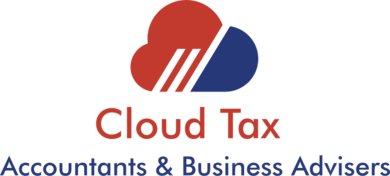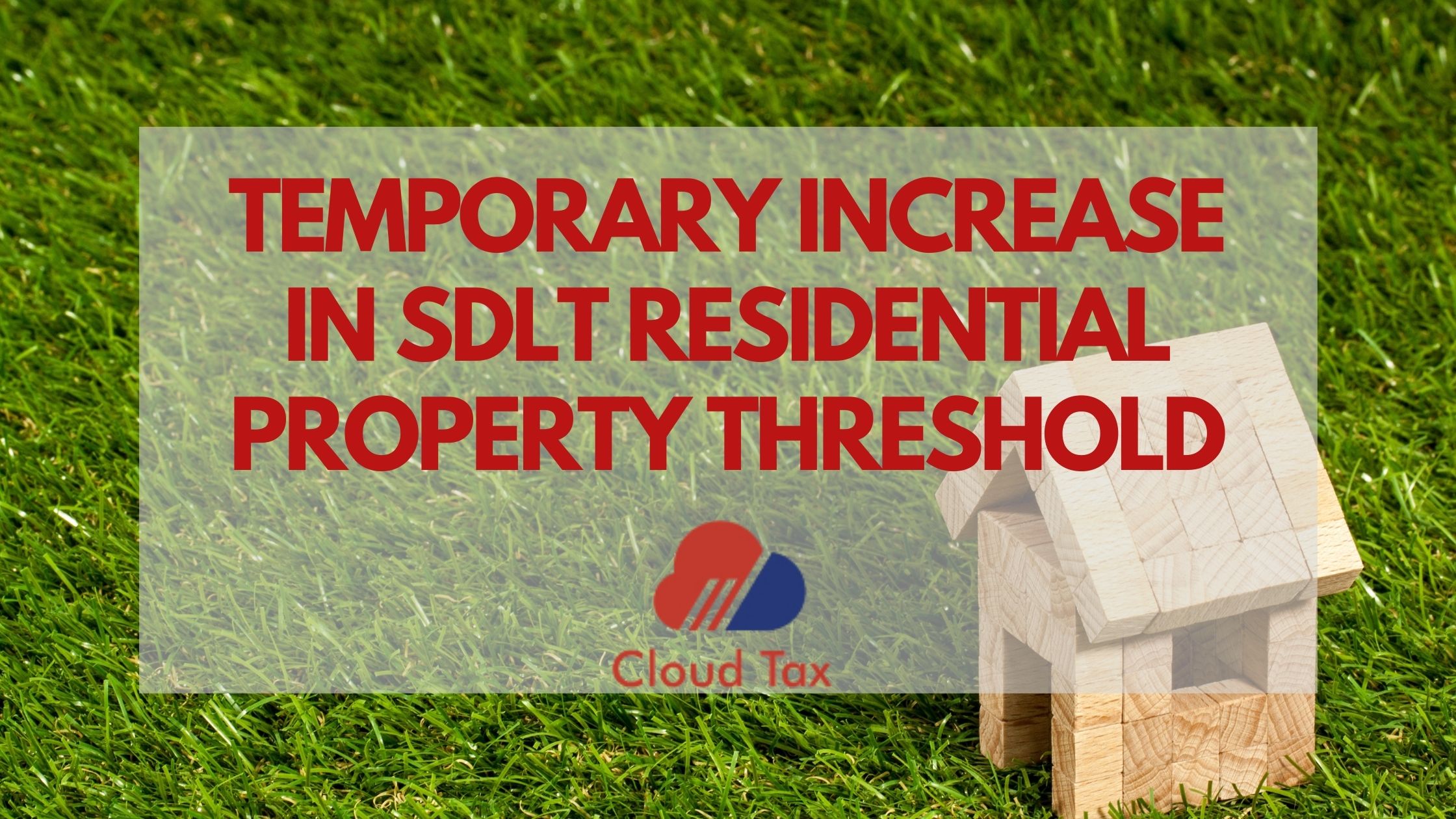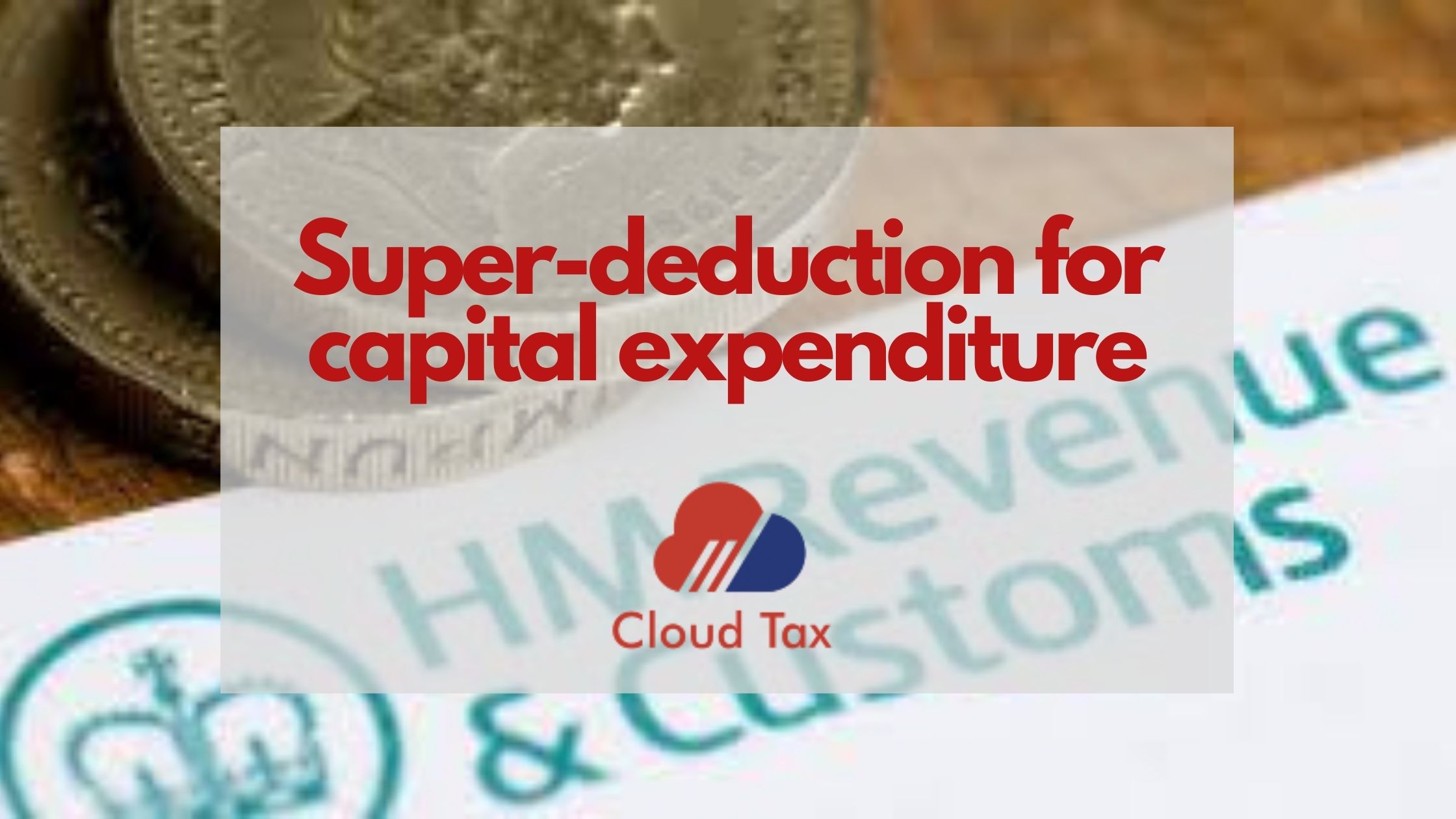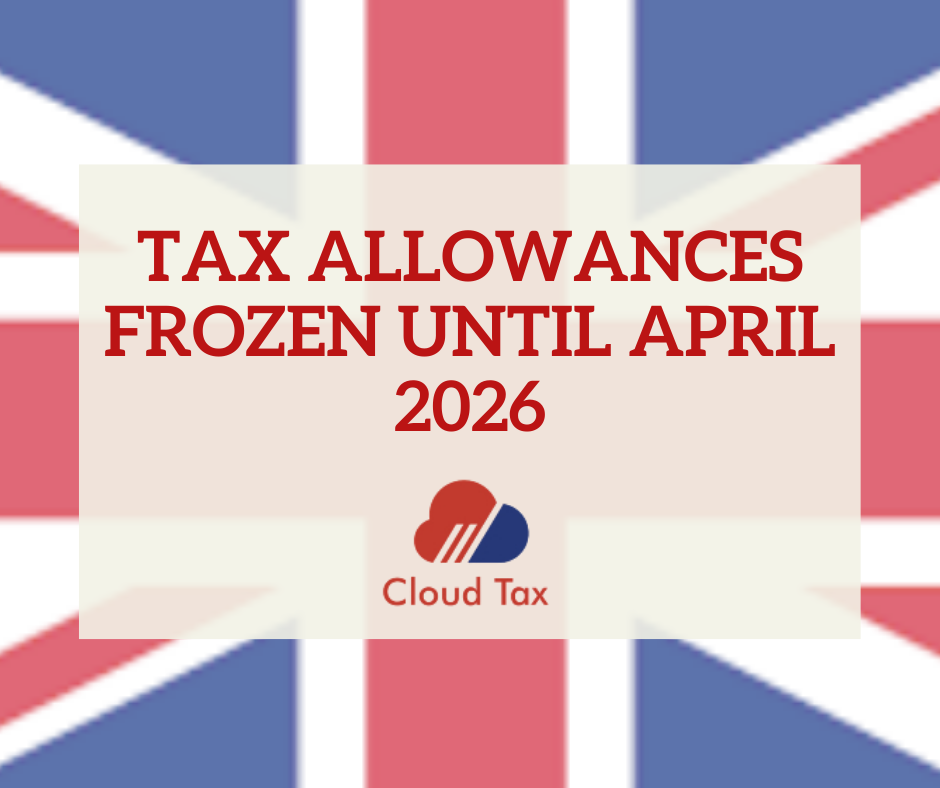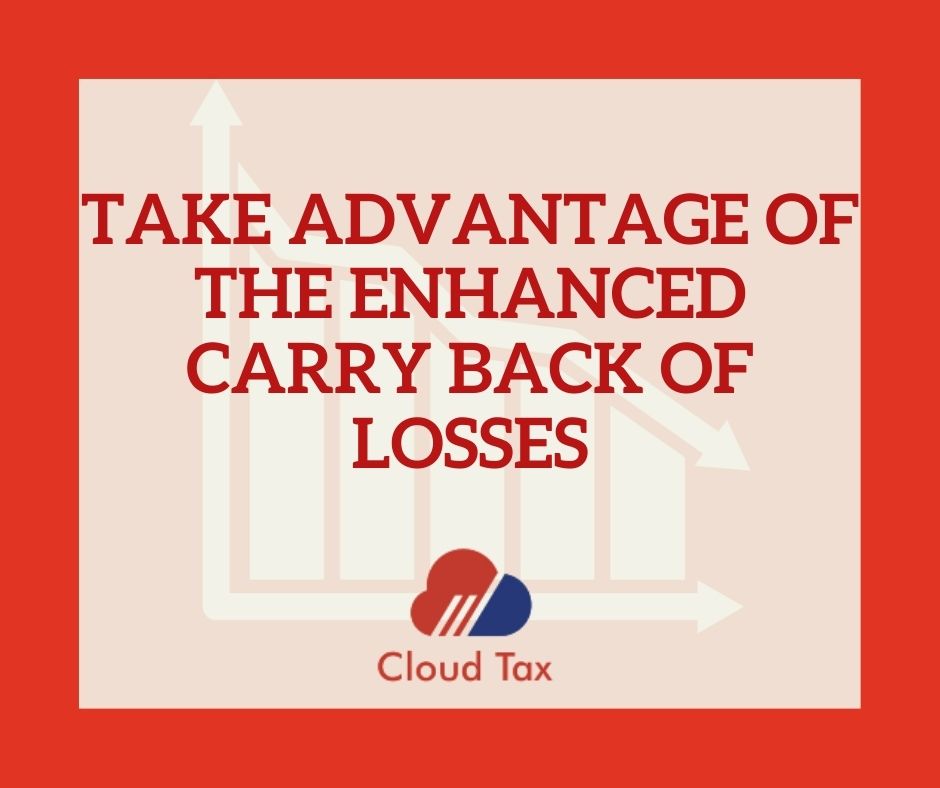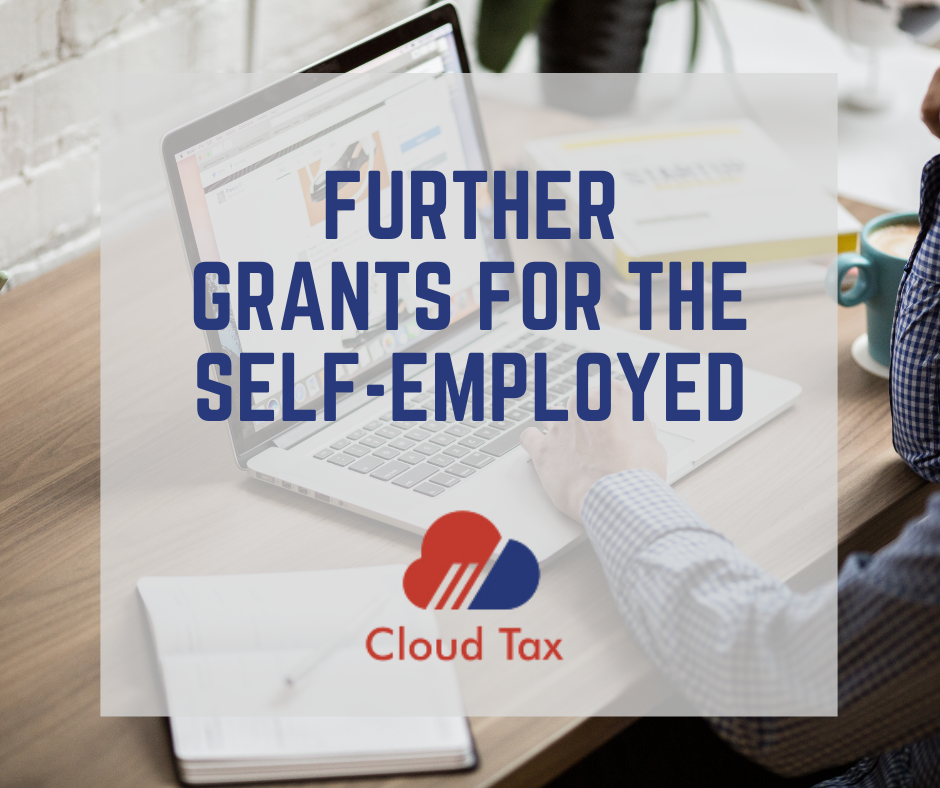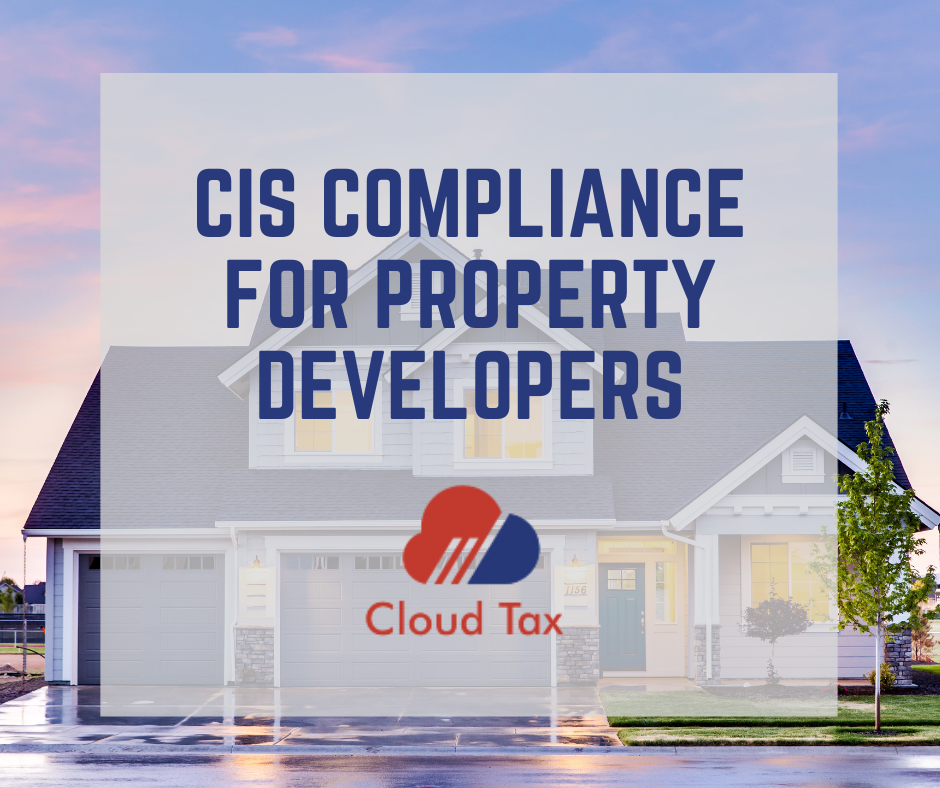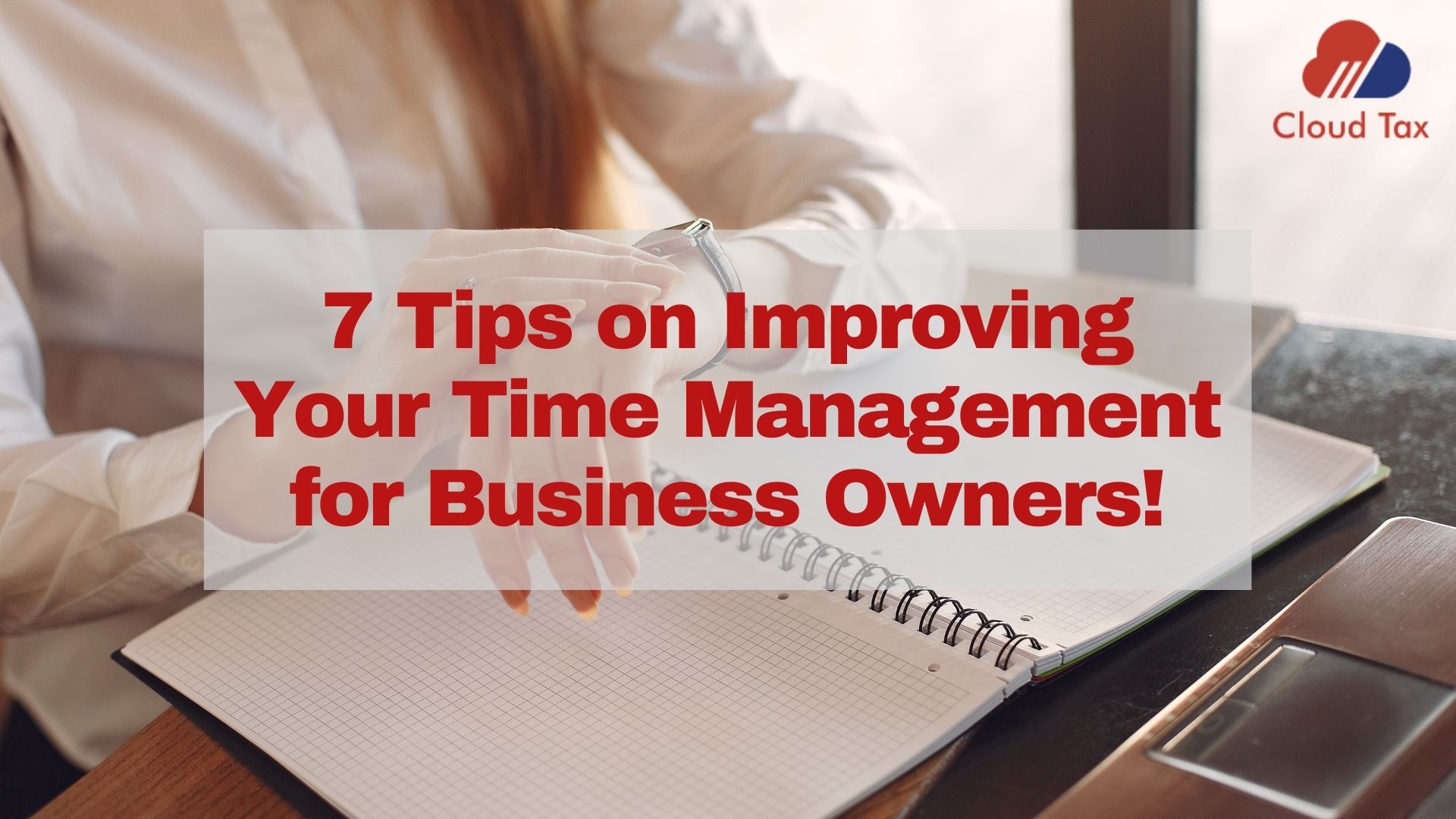Stamp Duty Land Tax (SDLT) is payable where property is acquired in England and Northern Ireland. Land and Building Transaction Tax (LBTT) is payable in Scotland and Land Transaction Tax (LTT) is payable in Wales, SDLT is payable where the chargeable consideration exceeds the relevant threshold at the rates applicable…
Continue ReadingBlog
New personal service company rules
The “off-payroll” working rules that apply to certain workers supplying their services to clients via their own personal service companies start from 6 April 2021. Under this new regime end user businesses will be required to determine whether that individual would have been treated as an employee or not if…
Continue ReadingSuper-deduction for capital expenditure
To encourage companies to invest, enhanced capital allowances are available for expenditure incurred within a limited two-year window. As an alternative to the annual investment allowance (AIA), companies will be able to benefit from either a super-deduction or a new first-year allowance, depending on whether the expenditure is on assets…
Continue ReadingTax allowances frozen until April 2026
The financial impact of the Covid-19 pandemic is unprecedented and borrowing levels in 2020/21 of 16.9% of GDP represent the highest level of peacetime borrowing. To meet some of this cost, the Chancellor, Rishi Sunak, announced in the 2021 Budget that various thresholds and allowances would remain at their 2021/22…
Continue ReadingTake advantage of the enhanced carry back of losses
Many businesses have suffered losses as a result of the Covid-19 pandemic, and where a business has made a loss, various options are available to obtain relief for that loss. The challenge is to make the best use of the loss. To help loss-making businesses, legislation is to be introduced…
Continue ReadingFurther grants for the self-employed
The Self-Employment Income Support Scheme (SEISS) has provided grant support for self-employed individuals whose business has been adversely affected by the Covid-19 pandemic. An extension to the scheme was announced at the time of the 2021 Budget. As a result, it will continue to provide support until September 2021. Three…
Continue ReadingCIS compliance for property developers
The Construction Industry Scheme (CIS) is a scheme whereby contractors of building firms are required to deduct tax at source from payments made to sub-contractors working for them. Some sub-contractors are entitled to be paid without any tax deduction, others at 30% as per HMRC‘s instructions but the majority have…
Continue Reading7 Tips on Improving Your Time Management for Business Owners!
Time is like money: you need to know how to invest it in maximising your returns. Building a business requires you to put many hours in undoubtedly, but the real key is to work smarter, not longer. By carefully managing your time, you can ensure that you achieve your goals…
Continue ReadingFive Tips to Reduce Cost & Boost Profitability
Sometimes, overspending can hurt your profitability despite your record sales. Profitability doesn’t only come from sales numbers. Also a profitable business isn’t always the one with the most customers and the highest sales. The sign of a business’s profit depends on what’s left in the account at the end of…
Continue ReadingNew VAT Reverse Charge For Construction Sector
Domestic reverse charge VAT legislation is about to change the way CIS registered construction businesses handle and pay VAT. From 1 March 2021, many contractors in the construction industry will stop paying VAT to their subcontractors. Instead, the contractor will pay the VAT directly to HM Revenue & Customs. This…
Continue Reading